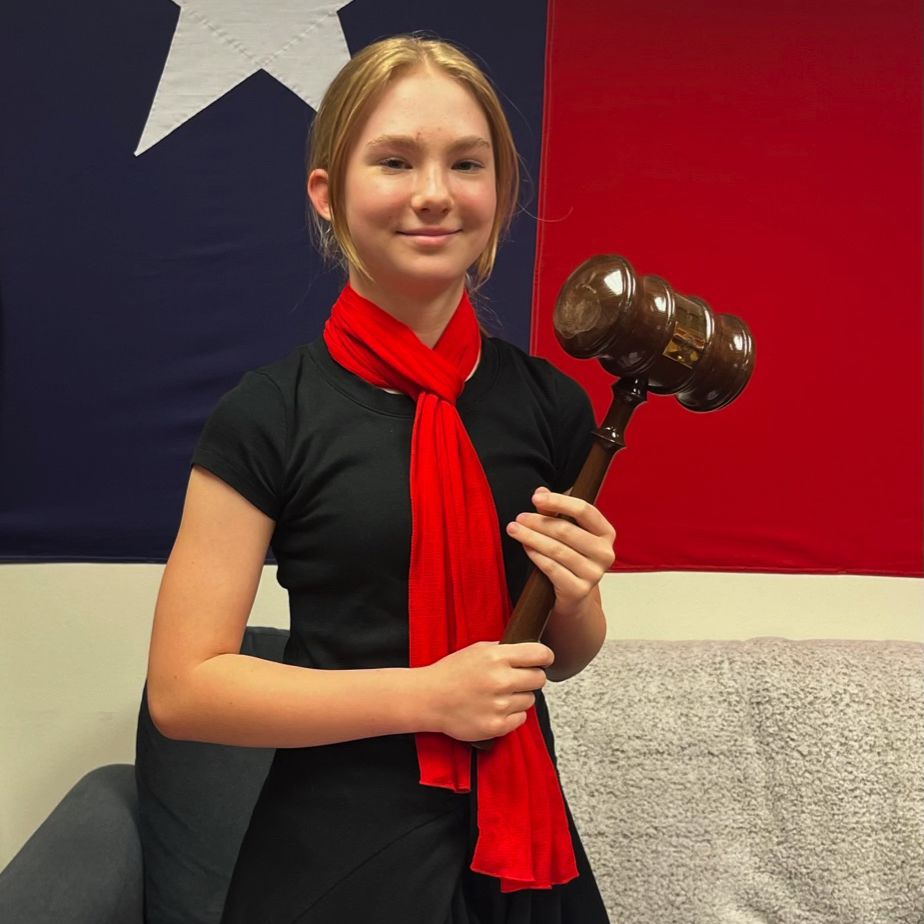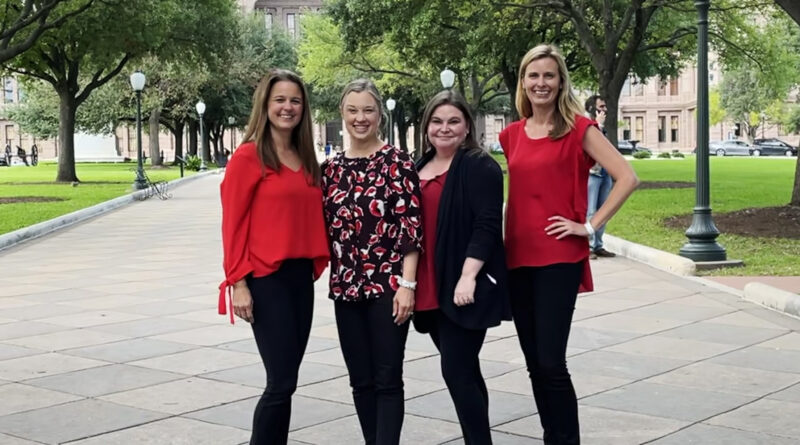Districts Implement Law Meant to Improve Dyslexia Services
Beckley Wilson Act namesake student left public schools to attend Shelton
School districts across Texas are working toward implementing a new law championed by local families with children struggling with dyslexia.
The Beckley Wilson Act includes new requirements for dyslexia evaluation, identification, and instruction. For students suspected of having dyslexia, schools must share a form developed by the Texas Education Agency explaining rights under the Individuals with Disabilities Education Act (IDEA) that may be additional to those under Section 504 of the Rehabilitation Act of 1973, including an individualized education program (IEP) under special education services.
“We’ve already started transitioning students through a testing process, and we’ll continue to do that throughout the year,” said Highland Park ISD deputy superintendent Dr. Shorr Heathcote. “Any new students who are being referred to be tested for special education or specifically for dyslexia are being tested under this new law, and an IEP is being created for them if specially-designed instruction is appropriate for them.”

Local advocacy for the law started years ago.
Elizabeth Wilson, whose daughter Beckley started school in Highland Park before moving to the Shelton School for more specialized dyslexia services, and Rebecca Holmes founded a group for families of dyslexic students in 2018. Beckley was involved in meeting with state representatives and senators to advocate for the law and share her story.
In 2019, the group joined Decoding Dyslexia and became Decoding Dyslexia Park Cities, then in 2020, researched and created a document.
“The document highlighted the way Texas historically served dyslexia, and what we learned from its creation was this was not just a Highland Park problem; it was a statewide problem,” Wilson said.
Encouraged by state Rep. Morgan Meyer, Decoding Dyslexia Park Cities wrote a bill with the help of state representatives, senators, and other dyslexia groups and advocates. The 2021 bill passed unanimously through the House but lingered for study in the Senate before returning and winning approval this year.
“I really hope schools will implement the bill in a way that matches the intent of the law — to ensure students with dyslexia have access to all of their educational rights so that they can succeed in school and beyond,” Wilson said. “Students and their families will benefit from access to the increased support it provides.”
Rebecca Holmes, another advocate with Decoding Dyslexia Park Cities, said she’s hopeful the law will make a difference.
“The district’s new leadership team has committed to implementing the bill in a way that meets not just the letter of the law but the spirit of the law,” Holmes said.
Ashlie Seabolt is also on Decoding Dyslexia Park Cities’ leadership team and has a child with dyslexia.
“Our whole hope was that our kids would be treated like every other kid in the U.S. and have the opportunity for those services,” Seabolt said. “The group as a whole is just really supportive, and it’s nice to know that there’s somebody walking that same road that you and your family have walked.”









